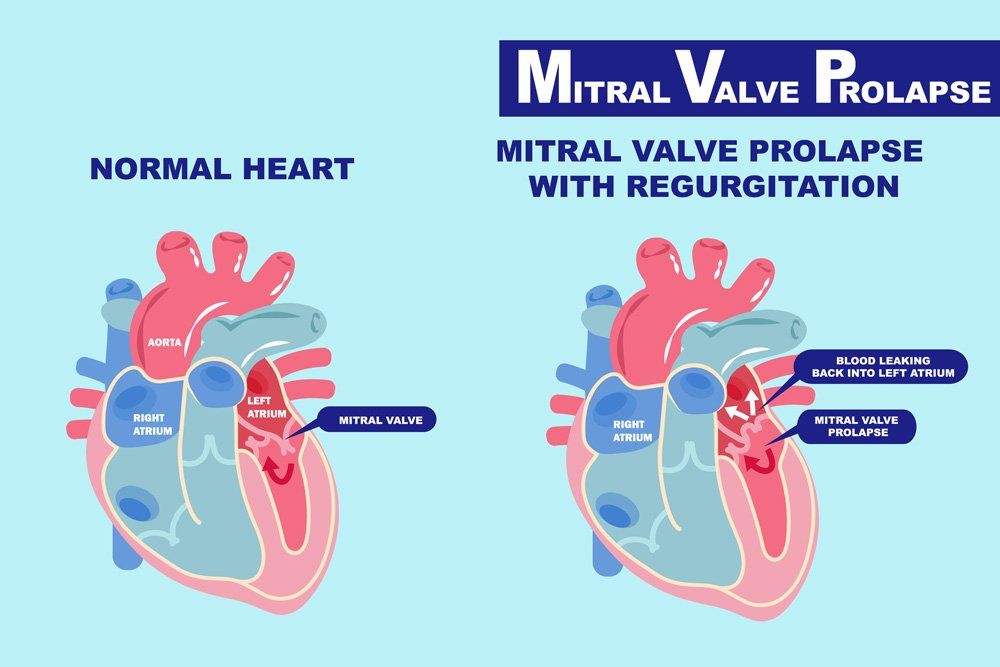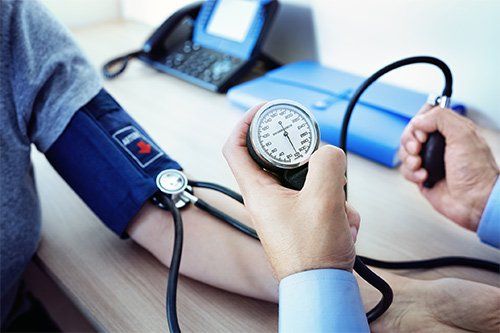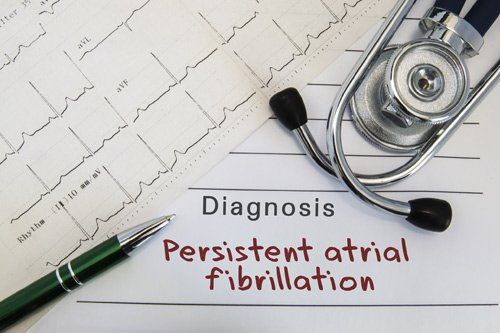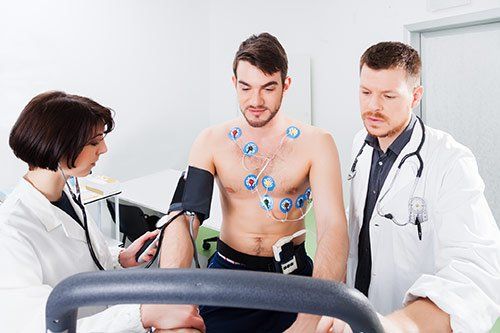What You Need to Know About Mitral Valve Prolapse
- By Admin
- •
- 26 Dec, 2019
- •

Mitral valve prolapse affects nearly five percent of Americans, according to Harvard Medical School. If you have this cardiac disorder or think you may have it, take a look at what you need to know.
The Condition
What is mitral valve prolapse? As the name implies, this cardiac condition happens when one of the heart valves (the mitral valve) does not close properly. The valve has two flaps that should collapse backwards and close completely. This stops the flow of blood from leaking back through the valve.
This common condition ranges from mild (no or very minor symptoms) to serious. Many people with mitral valve prolapse aren't aware they have the issue. But when blood leaks back through the valve, the patient has mitral regurgitation. Mitral regurgitation may cause noticeable symptoms. Read on for more information on prolapse, regurgitation, and the symptoms of both.
The Symptoms
What symptoms do people with mitral valve prolapse or regurgitation have? Again, some people have no symptoms of mitral valve prolapse. But if you have regurgitation or you have a more pronounced prolapse, you may have signs that include:
- Heart palpitations. This burst of rapid heartbeats may feel like a fluttering or pounding in your chest. Along with mitral valve issues, palpations are also a potential sign of other cardiac conditions such as arrhythmia or atrial fibrillation.
- Fatigue. Some people with regurgitation may feel excessive fatigue.
- Chest discomfort. Palpitations aren't the only odd feeling people with prolapse or regurgitation may have. You may also have generalized discomfort in your chest.
- Shortness of breath. This is felt more often with regurgitation, in comparison to prolapse on its own.
If you have any of these symptoms or any other heart-related discomfort, contact your medical provider immediately. While mitral valve prolapse typically isn't serious, you need a doctor's diagnosis to rule out other possible conditions.
The Diagnosis
How do doctors diagnose this cardiac condition? When you go to your office visit the doctor will examine you and:
- Listen to your heart. The medical provider will listen for a telltale click-murmur sound. This indicates the abnormal flow of blood through the heart's valves.
- Prescribe an echocardiogram. This non-invasive test allows the doctor to see your heart through the use of soundwaves as it beats and pumps blood.
- Prescribe an electrocardiogram. The ECG records the electrical activity of your heart. The doctor can use it to detect abnormal rhythms.
- Prescribe a cardiac catheterization. In more serious cases, the doctor may use this test to detect regurgitation. This test uses a contrast agent and an x-ray to detect heart valve function and narrowing or blockages in arteries.
- Prescribe a cardiac MRI. This magnetic imagining test allows the doctor to see a detailed picture of the muscle and the valves inside.
The specific test or test you need depends on your individual health needs and what the doctor determines is necessary.
The Treatment
How can you treat mitral valve prolapse? If you have no or very minor symptoms, the doctor may not prescribe a treatment. Instead, the doctor may ask you to return for annual preventative check-up appointments.
If your symptoms progress, you're in pain, or the doctor sees noticeable changes in the heart muscle or how it functions, they may:
- Prescribe a medication. Beta-blockers are common prescription drugs used to reduce the symptoms of this cardiac condition.
- Recommend valve repair. This invasive procedure repairs the valve and can improve cardiac function.
- Recommend valve replacement. Like repair, this surgery can reduce symptoms and help to restore heart function.
Always follow your doctor's treatment plan. Failure to take prescribed medication or return for check-up appointments may increase the risks of a minor condition developing into something worse.
Do you need cardiac testing? Contact Anderson Heart & Vascular, PC for more information.










